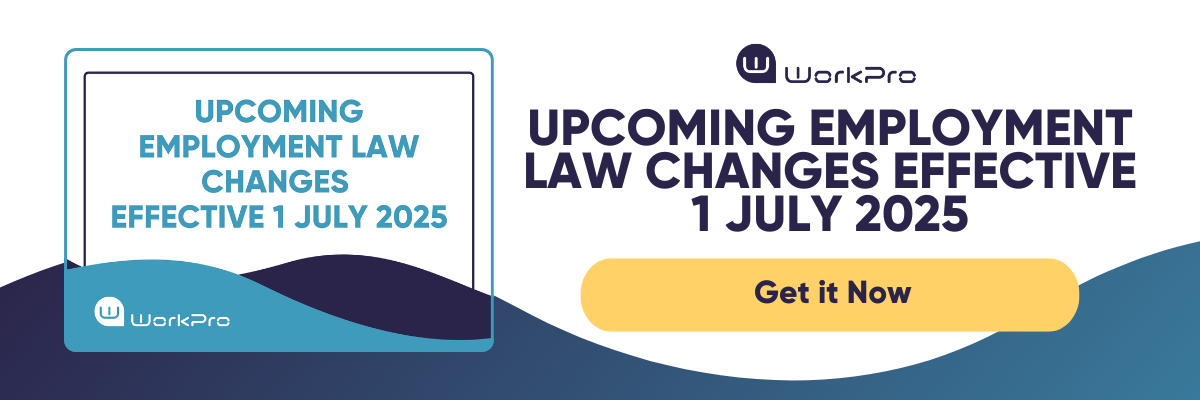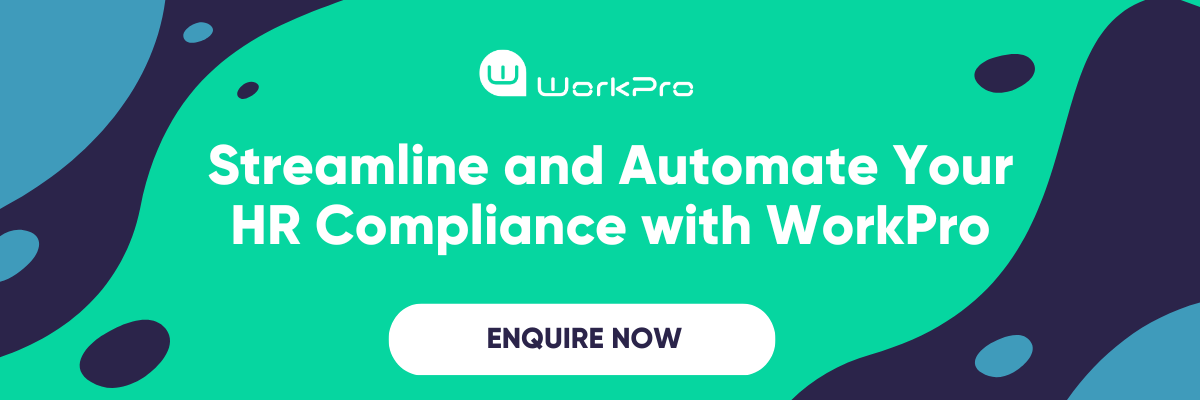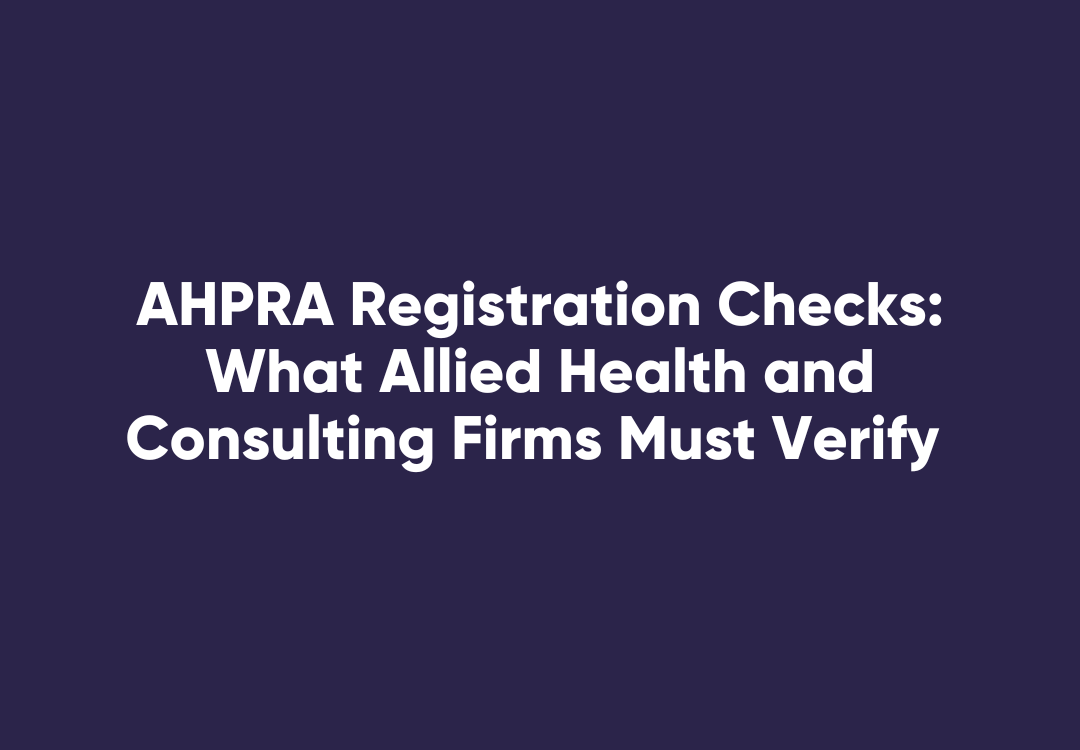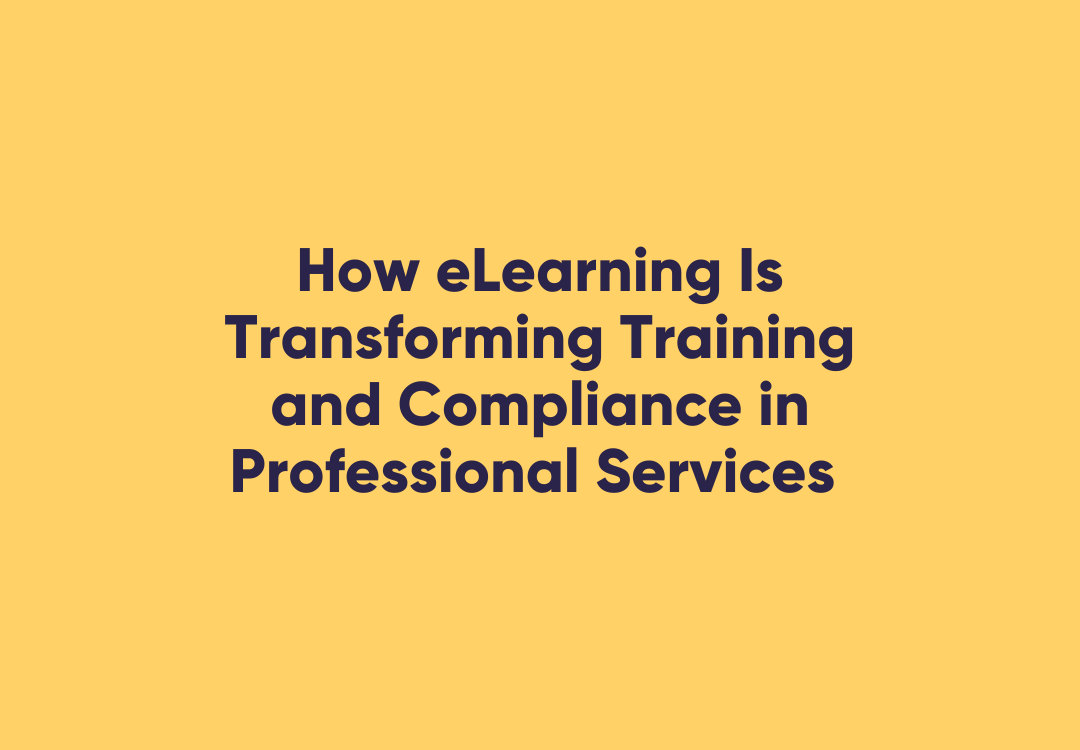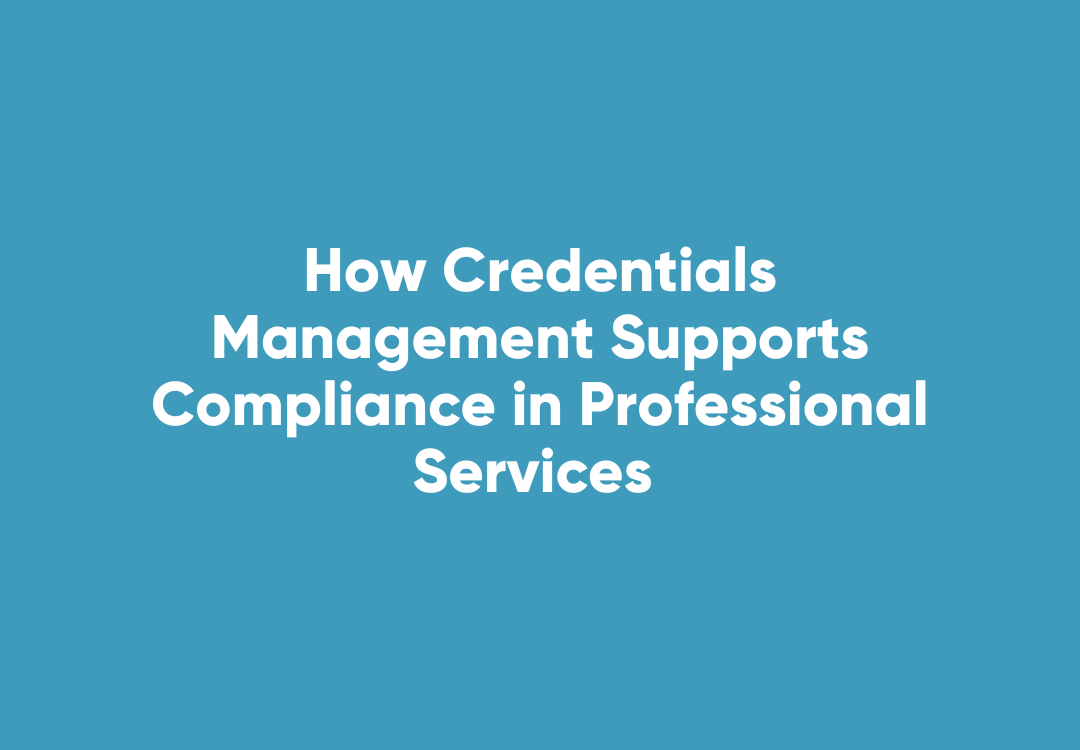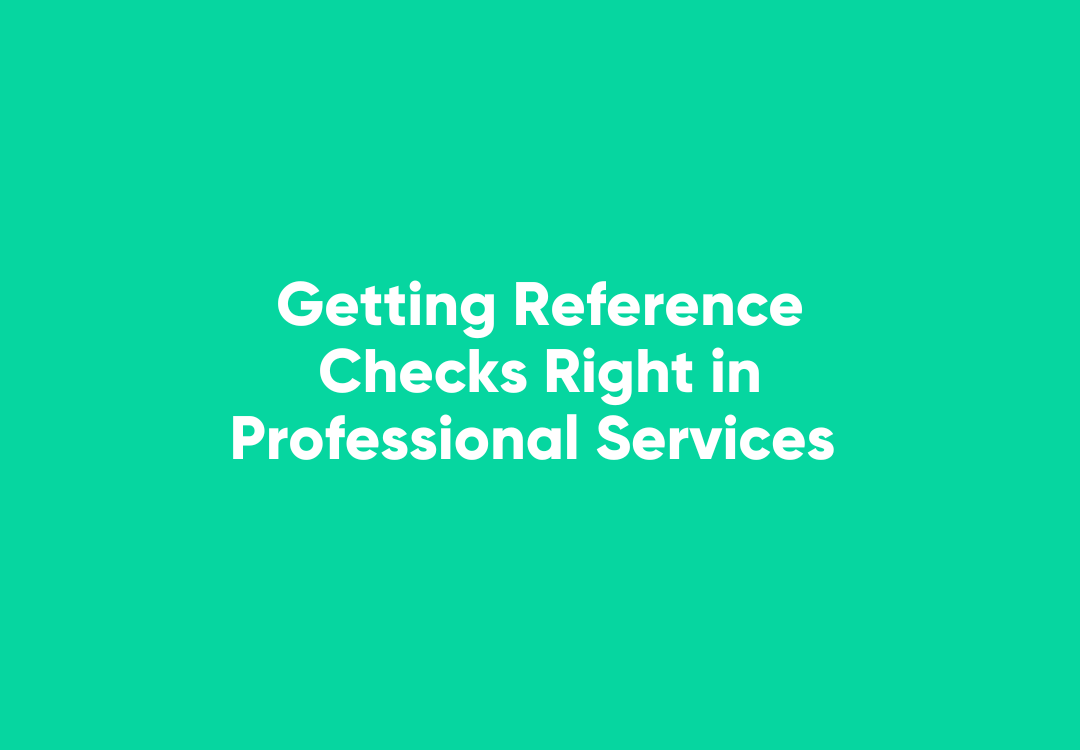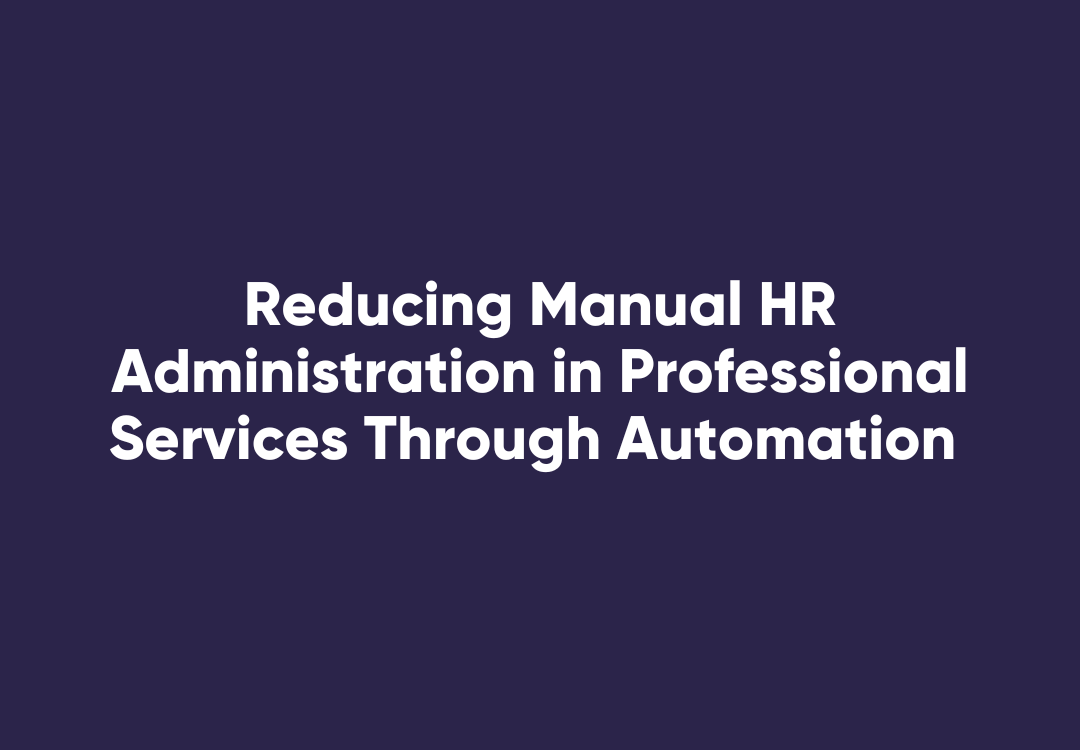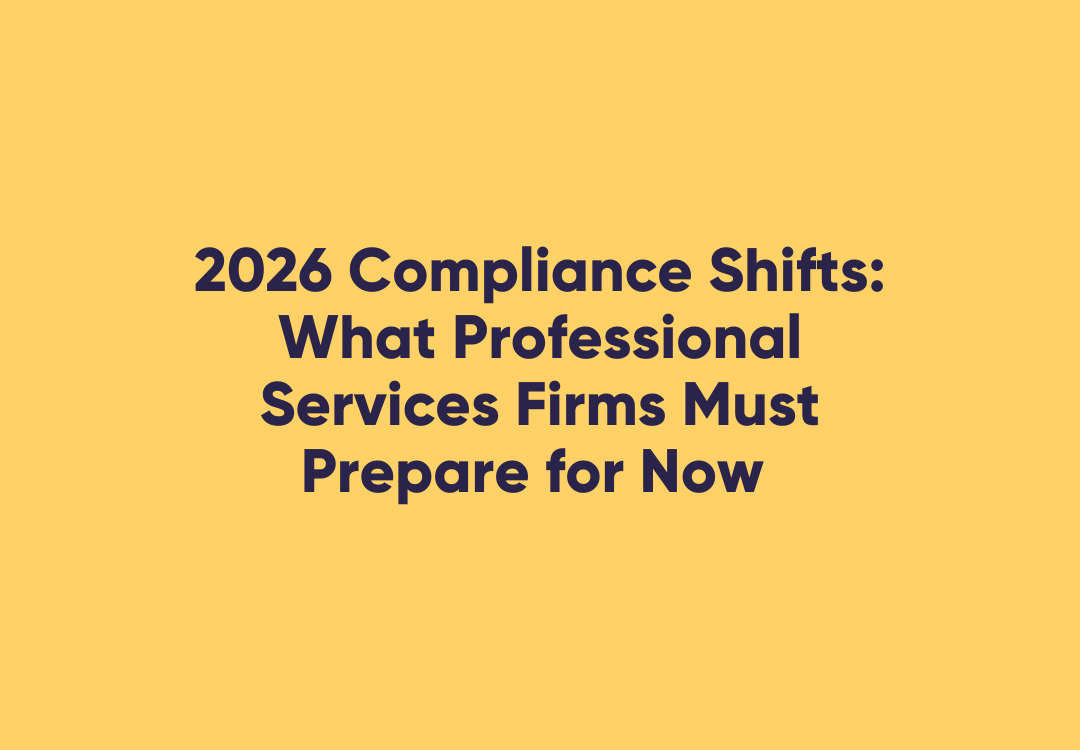EOFY 2025: State-by-State Compliance Checklist
Legislation by State: EOFY Planning Checklist for HR in Every Jurisdiction
As the financial year draws to a close, HR professionals across Australia face the critical task of ensuring compliance with a number of employment laws. Each state and territory has its own legislative nuances, making it imperative for organisations to stay informed and prepared.
Recent updates, such as the criminalisation of wage theft effective from 1 January 2025, highlight the increasing emphasis on employer accountability nationwide. Additionally, variations in Work Health and Safety (WHS) regulations and employment standards across jurisdictions need a tailored approach to compliance.
This comprehensive checklist provides HR professionals with state-specific guidance to navigate the end-of-financial-year (EOFY) obligations effectively, ensuring alignment with both national and regional legislative requirements.
What is included in EOFY HR Compliance?
EOFY HR compliance involves reviewing and updating organisational policies, procedures, and records to align with the latest legislative requirements by the end of the financial year. This process ensures that businesses adhere to current employment laws, mitigating risks and promoting fair and lawful workplace practices.
To ensure compliance for FY25-26, organisations should:
- Review and update employment contracts and policies in line with new legislation.
- Implement training programs addressing recent legal changes.
- Conduct audits to ensure accurate wage payments and classifications.
- Ensure accurate record-keeping of employment terms and conditions.
By proactively addressing these areas, businesses can maintain compliance and support their workforce effectively.
The Importance of State-Specific Compliance
While national laws provide a framework for employment standards, each Australian state and territory enacts additional legislation that can impact HR practices. For instance, variations in WHS regulations, industrial relations systems, and specific employment obligations require tailored compliance strategies.
Failure to adhere to state-specific laws can result in significant penalties and legal challenges. Therefore, understanding and implementing regionally appropriate policies is essential for organisational integrity and employee well-being.
State-by-State EOFY HR Compliance Checklist
New South Wales (NSW)
- WHS Regulations: Adhere to the Work Health and Safety Act 2011 (NSW), ensuring risk assessments and safety protocols are up to date.
- Industrial Relations: Comply with the NSW Industrial Relations Act 1996 for state public sector employees.
- Long Service Leave: Review entitlements under the Long Service Leave Act 1955 (NSW).
Victoria (VIC)
- Wage Theft Laws: Ensure compliance with the Wage Theft Act 2020 (VIC), criminalising deliberate underpayment of wages.
- Labour Hire Licensing: Verify that labour hire providers are licensed under the Labour Hire Licensing Act 2018 (VIC).
- Child Employment: Adhere to the Child Employment Act 2003 (VIC) for employing individuals under 15 years.
Queensland (QLD)
- WHS Amendments: Implement changes from the Work Health and Safety and Other Legislation Amendment Act 2024 (QLD), enhancing worker protections.
- Industrial Manslaughter: Comply with provisions under the Work Health and Safety Act 2011 (QLD) regarding industrial manslaughter offences.
- Labour Hire Licensing: Ensure labour hire providers are licensed per the Labour Hire Licensing Act 2017 (QLD).
South Australia (SA)
- Return to Work Scheme: Review obligations under the Return to Work Act 2014 (SA) for workplace injuries.
- Equal Opportunity: Ensure policies align with the Equal Opportunity Act 1984 (SA) to prevent workplace discrimination.
- Long Service Leave: Verify entitlements under the Long Service Leave Act 1987 (SA).
Western Australia (WA)
- Industrial Relations: Transition to the national industrial relations system under the Fair Work Act 2009, effective from 1 January 2023.
- WHS Laws: Comply with the Work Health and Safety Act 2020 (WA), harmonising safety laws across sectors.
- Minimum Conditions: Adhere to the Minimum Conditions of Employment Act 1993 (WA) for basic employment standards.
Tasmania (TAS)
- Industrial Manslaughter: Prepare for the implementation of industrial manslaughter laws, aligning with other states.
- WHS Compliance: Ensure adherence to the Work Health and Safety Act 2012 (TAS).
- Long Service Leave: Review entitlements under the Long Service Leave Act 1976 (TAS).
Australian Capital Territory (ACT)
- WHS Regulations: Comply with the Work Health and Safety Act 2011 (ACT), mirroring the national model.
- Public Sector Employment: Adhere to the Public Sector Management Act 1994 (ACT) for government employees.
- Discrimination Laws: Ensure policies reflect the Discrimination Act 1991 (ACT).
Northern Territory (NT)
- WHS Compliance: Follow the Work Health and Safety (National Uniform Legislation) Act 2011 (NT).
- Anti-Discrimination: Align workplace policies with the Anti-Discrimination Act 1992 (NT).
- Long Service Leave: Verify entitlements under the Long Service Leave Act 1981 (NT).
WorkPro's Solutions for Navigating Legislative Changes
WorkPro offers a suite of tools designed to assist organisations in adapting to the evolving employment law landscape:
- Online resources: Resources including blogs, eBooks, factsheets and checklists are readily available to download via the website which include changes to employment laws across all Australian jurisdictions.
- eLearning Library: Customisable eLearning modules focusing on new legislative requirements, including the Fair Work Statement and the Australian Casual Employment Information Statement
- Compliance Document Tracking: Tools to monitor and document compliance efforts, ensuring readiness for audits and inspections.
By leveraging WorkPro's solutions, businesses can ensure they remain compliant and foster a culture of fairness and accountability.
Navigating the complexities of state-specific employment legislation is a critical component of EOFY planning for HR professionals. By understanding and implementing the unique requirements of each jurisdiction, organisations can ensure compliance, mitigate risks, and promote a fair and safe workplace.
Explore how WorkPro can support your organisation in navigating these changes and enhancing employment compliance today.


